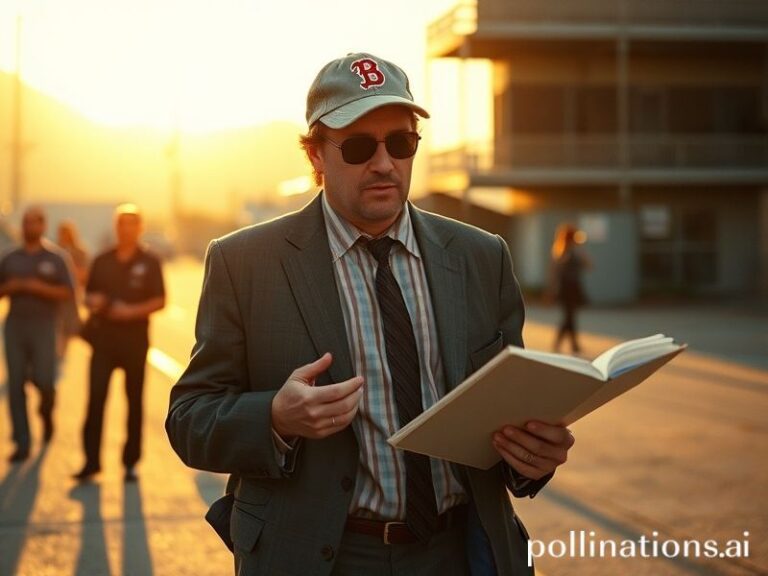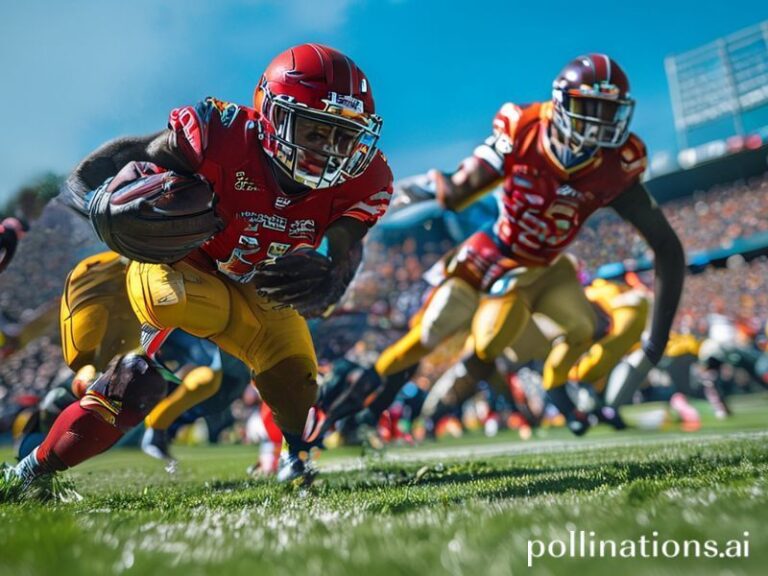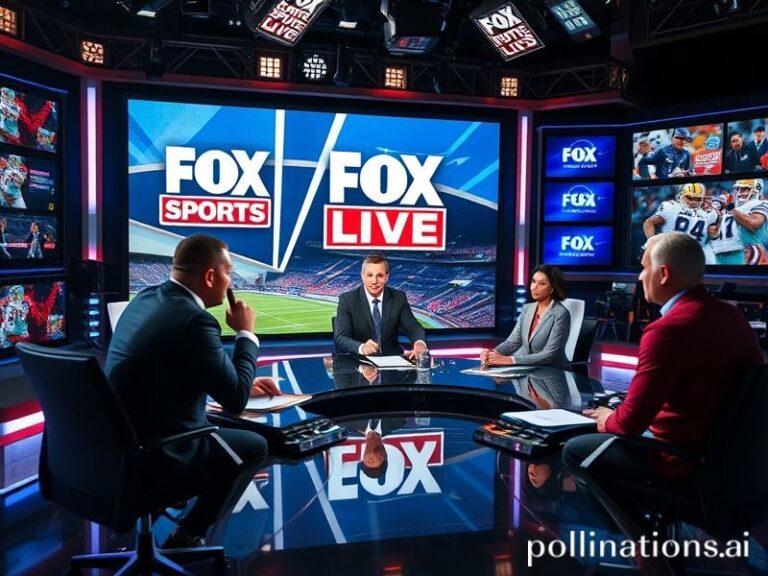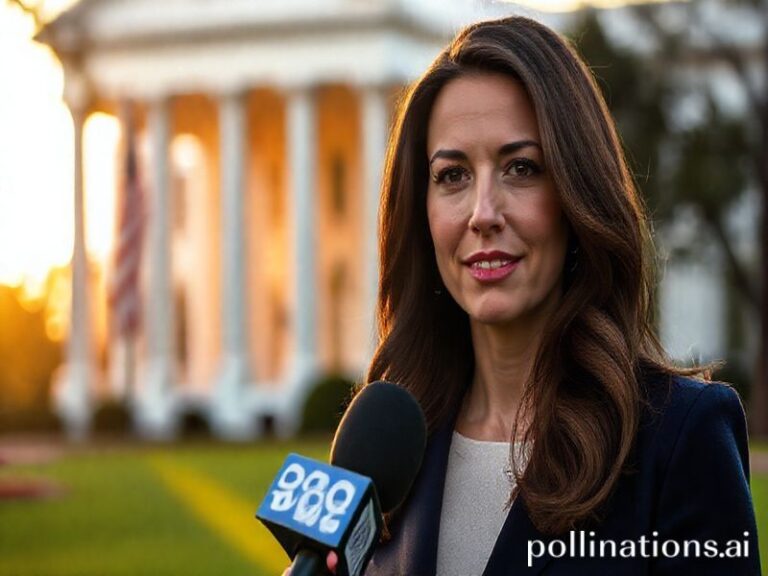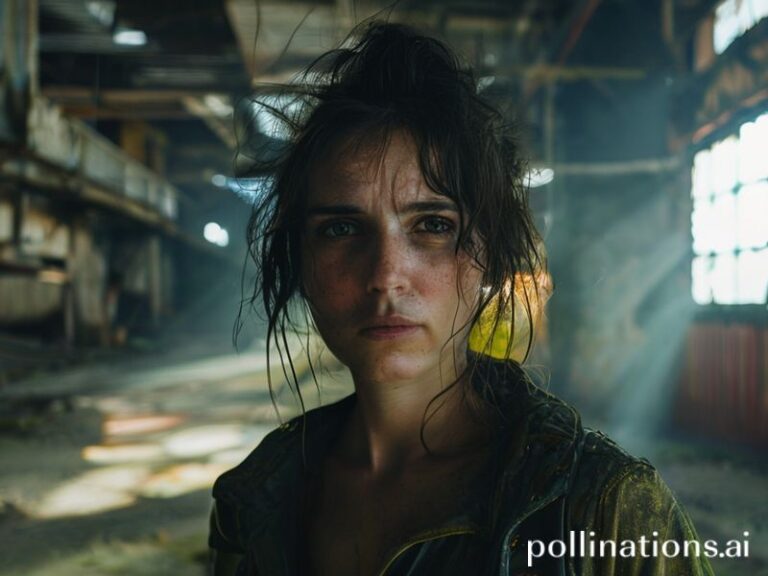Heisenberg Goes Global: How One TV Villain Became the World’s Favorite Brand of Moral Collapse
Meth, Morality, and the Global Branding of a Fictional Monster
By Dave’s Locker International Desk
When a mild-mannered chemistry teacher from Albuquerque starts cooking blue rock that ends up on coffee tables from Jakarta to Johannesburg, you know the planet has officially run out of original sins. “Breaking Bad” premiered in 2008, back when the world still believed collateralized debt obligations were a neat idea and TikTok was just the sound a clock made. Sixteen years later, Walter White’s pork-pie hat is less a costume piece than a multinational corporate logo—proof that capitalism can monetize even terminal lung cancer if you give it long enough.
Start with the obvious export figures. Netflix currently beams the series to 190 countries, including territories that still ration electricity. In Myanmar, bootleg DVDs arrive before the U.N. does; in Russia, Telegram channels sell Heisenberg stickers next to sanctions-evading crypto tips. The show’s palette—ochre desert, turquoise meth—has become a de facto flag for every corner of the developing world where the legal economy resembles a sick joke. From Lagos garages to Lima barrios, young entrepreneurs now quote “I am the one who knocks” the way previous generations quoted Che or Chairman Mao. Revolutions come and go, but brand recognition is forever.
Meanwhile, the actor behind the balding devil, Bryan Cranston, has turned moral ambiguity into a passport that gets stamped more often than most refugees’. One week he’s doing Beckett in London, the next he’s selling Japanese deodorant with the catchphrase “Smell like danger.” The ads don’t mention that said danger involves dissolving children in acid, but hey—translation losses are part of global trade. Cranston’s grin currently sells everything from Ford pickups in Brazil to luxury condos in Dubai, where the moral is clear: crime doesn’t pay, but syndicated streaming rights absolutely do.
The United Nations Office on Drugs and Crime, never a barrel of laughs, recently cited the show in its annual report—not for tips on precursor chemicals, but as evidence that pop culture now drives narcotics fashion faster than policy ever will. Mexican cartels, never shy about intellectual property theft, have reportedly rebranded certain shipments as “Heisenberg Special Edition.” Users from Stockholm to Sydney line up for the prestige toxicity, blissfully unaware that the fictional product was originally dyed with food coloring and crushed Fun Dip. Somewhere in a DEA office, an agent is updating his LinkedIn to include “Content Moderation Consultant.”
And then there is the geopolitical aftertaste. When U.S. diplomats lecture counterparts in Bolivia about coca eradication, Bolivian officials now counter with screenshots of Walter tossing pizza on a roof—subtle shorthand for “physician, heal thyself.” The meme travels faster than any white paper, and it lands harder. In effect, a fictional high-school teacher has become a soft-power argument against the War on Drugs: proof that supply-side morality tales look different when you’re watching from the wrong end of the supply chain.
Back home, AMC networks still mints money—roughly $1 million per episode in perpetual licensing, according to the last quarterly call—while New Mexico offers “Breaking Bad” RV tours for $95 a pop. Tourists from Germany and South Korea happily pay to be driven into the desert and pretend to cook meth for Instagram. If you squint, it looks like colonialism with better filters: first we export the drugs, then we export the guilt, then we export the guided experience of feeling guilty about the drugs we exported. Capitalism, unlike Walter, never runs out of gas.
Conclusion: In the end, Mr. White’s greatest synthesis wasn’t 99.1% pure meth; it was a globally scalable metaphor for every system that rewards ambition over empathy. From Kabul to Caracas, audiences recognize the deal: give a man a terminal diagnosis, take away his safety net, and watch the market for monsters clear itself overnight. The show asked, “What would you do for your family?” The world answered, “Whatever the algorithm says is trending.” And that, dear reader, is how a high-school teacher in tighty-whities became the patron saint of late-stage everything. Say his name, press enter, add to cart.


